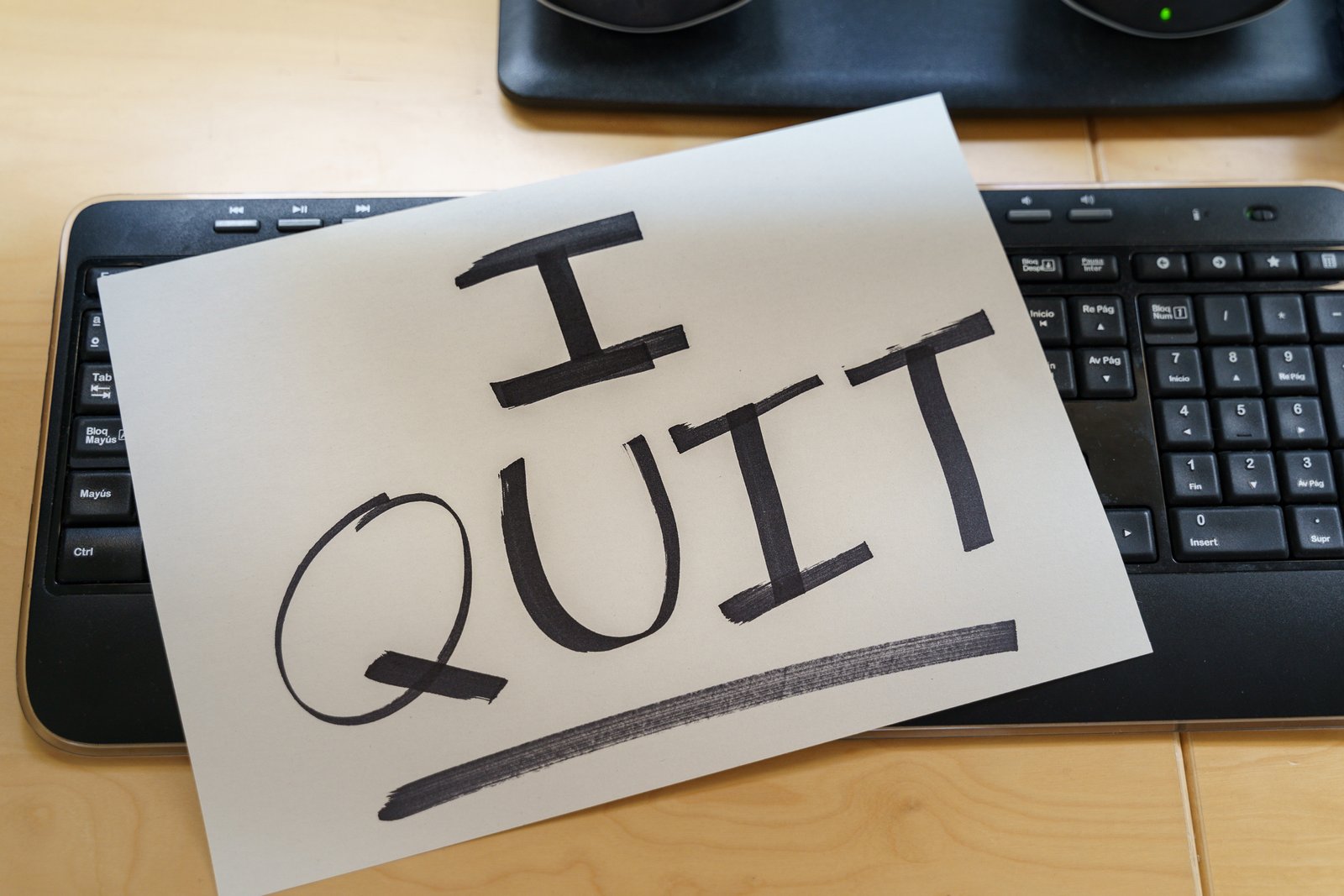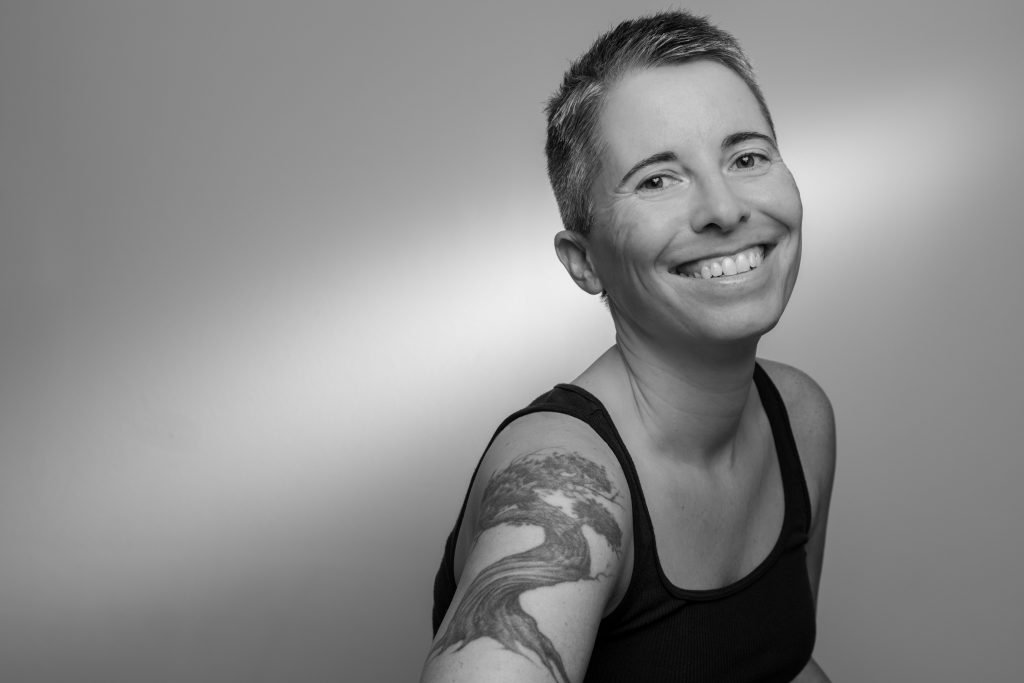CONSIDERING A SABBATICAL? HERE’S HOW TO GET THERE.

What is a Sabbatical?
According to Wikipedia, a ‘sabbatical’ is a lengthy, intentional break from a career.
A sabbatical can be a beautiful thing. I should know, I’m on my second one.
However, before you tell your boss to shove it, I would encourage you to do some homework first. There are no shortcuts.
Why A Sabbatical?
Some people want a break, not necessarily from employment but the circumstances stemming from employment: bad management, unethical values, no work-life balance, overall dissatisfaction, etc. As much as companies expect it, we are not machines. And most of us don’t want to work for bad bosses anymore. A sabbatical can be the opportunity to simply reflect on life and the next chapter. Others wish to finally pursue their dreams and passions. And then there are the ones who may take a sabbatical to care for a family member, friend, or maybe even themselves when faced with a medical or family crisis. While a sabbatical isn’t always in the pursuit of something bigger, it almost always offers us the chance to grow as humans emotionally and mentally.
I fit into the first two categories: I wanted a break from the rat race, and I wanted to pursue a passion. This article addresses how I got there, which will show you that you can do it, too.
FINANCIAL FREEDOM IS KEY.
I never minded work, quite the opposite: I’ve always taken pleasure and pride in my work.

Work pays money, which then grants me rights to do other things with it.
So, money equals happiness, right? The short answer is, yes it does.
If you can look at money as a tool to financial independence, then you can realize that you don’t need a lot of money to achieve financial freedom to pursue your passion.
You must shift your perspective away from the traditional viewpoint of what it means to be “rich”.
'Rich' is in relation to how much debt you have.
I have no debt, and to me that means that I’m rich. I’m not dependent on a certain (high) income, I can walk away from any job and get another at the income level needed to sustain my lifestyle, and I am my own boss because my decisions are mine. Trust me, a lot of rich people can’t say the same. They will always have the pressure of obligations because most rich people aren’t liquid. Their fortunes are tied up in debt as well as their standard of living (or the expectation thereof). Even though they are ‘rich’, they don’t have financial freedom.
The sad truth is that most Americans live to work: the more money they make, the more they spend and the higher the cost will be of the items that they desire because there’s a certain expectation that comes with a job title and a salary. It’s a vicious cycle: consumerism demands commitment to employment. Often, Americans go off the deep end of the debt pool.
If you can grasp the concept of financial freedom, you are on your way to realize that it’s all relative, depending on your debt, your income, and your monthly living expenses to sustain a certain level of comfort to pursue your passion. And if the balance is off, then ask yourself: Am I willing to make changes to my life?
It’s as Easy as 1, 2, 3.
Whatever your reason may be for considering a sabbatical, I’m here to tell you that it is doable. Below are some tips on how to get started (or at least get you thinking about it):
STEP 1: Be clear on what you want out of life.
This is where you must be completely honest. Take stock of your life and your accomplishments. Are you where you thought you would be or could be? What’s holding you back? What’s your motivation in life? What’s your passion?
In my case, I wanted to write a book to share my frustrations about the gender inequality in corporate America. If you don’t know (yet) what you want out of life, no worries, start smaller. What do you enjoy? What do you dislike? What do you like or hate about it? What would make a difference? In a nutshell, take some time to figure out who you are and where you want to be. Or maybe trying to figure out who you are could be your goal for taking a sabbatical.

STEP 2: Set a goal.
Envision the end goal, and then work backwards. Evaluate and document all the steps needed until you get to the beginning.

This may seem daunting, and you may only see obstacles. But you must acknowledge the hurdles so that you can formulate a plan. Do not let your current situation dictate your confidence in your success. There always is a way, maybe even multiple ways, to get to where you want to be (again, ask yourself, “Am I willing to make changes?”).
For me, I had jokingly said, “I’m going to write a book one day about the Dick Club, seeing that I don’t have one of those.” After I had said it a few times, I had to decide if I was serious about it. I felt the message of being dickless needed to be heard; my goal became publishing my memoir with many steps in between (publishing, marketing, formatting, editing, writing, concept, software/hardware, time, money, idea).
If you have figured out what you want out of life, you can determine if there is a goal to be set. It could be as simple as learning a new skill. Even a new language. But unless it’s immersive learning, you may not need a sabbatical. When I set my first goal of writing a book, I hadn’t planned on a sabbatical either. If it’s overwhelming, start small. But the goal is to dream big, where a sabbatical can really play into your strengths. The key is to set yourself up for success, and the only way to do that is by breaking a (big) goal down into smaller manageable stages, and then:
Step 3: Set your steps in motion.
As they say, either sh*t or get off the pot.
Having set your goal in Step 2 with achievable milestones, you now have no more excuses. That’s why it is particularly important to really break these down into bite-size pieces. You must have a clear vision and understand what is needed. It’s like wanting to climb Mount Everest (and hey, maybe that’s an actual goal of yours). You don’t simply look at it and say, “Yup, I got my hiking shoes ready, let’s go.” No. You must establish a base, and from there, multiple camps to get to the top. And before you even get to the airport to fly to Nepal, there are so many other things that must be done first (oxygen, visa, warm underwear, money, time, conditioning , etc.). Don’t look at the mountain.
After a few years of ‘I’m going to write that Dickless book’, I realized the book wasn’t going to get written unless I dedicated some time towards, well, actually writing it. But I was always tied up with work or too tired from work to write. I lacked TIME. And the only way I would get more time was to quit my job to have time. And the only way to quit my job to have time was to have money so that I could stay at home and support myself. My first step that I set in motion was to realize that the thing that I lacked was time (and commitment). I know, it sounds obvious, and it was such a small thing to do in my head, yet, it had taken me years. I needed to save money to afford me the time. So, I started looking for another job. My current job had paid well enough, but the cost for health insurance for myself and my spouse had been astronomical. Within two months, I had a new job with decent, low-cost health insurance. I started paying off my debt, and then after, I put any available funds into my savings. Three years later, I had enough saved to sustain a one-year sabbatical, and I quit my job.

Time Flies, Even When It Doesn't.
Okay, so three years is a long time and some of you may get discouraged, but honestly, it didn’t feel like those years were wasted.

I had looked back on many more years regretting not having taken that very first step. There’s nothing worse than looking back at another year of inactivity. And that’s why it’s so important to set small milestones. Once I started seeing my debt grow smaller and smaller, it was like I had gained momentum. After achieving the first goal, I knew I could get to the others if I stayed on course, and if I valued time as an investment in myself and my future. I oversaw my destiny. The best part? Instead of one year, I made it two years. Once you see how happy you can be being your own boss, it’s addictive and you’ll do whatever you can to stay there.
The Impact of a Sabbatical.
When I went back to work (for someone else), I quickly realized that I wanted another sabbatical. Don’t get me wrong, I loved my new job. I was excellent at it, and I made an impact while there. Yet, I recognized that I wasn’t willing to put up with a lot of things anymore that had seemed so acceptable before my sabbatical. And fortunately, I didn’t have to. Still debt-free, I had continued to save what I could for the worst-case scenario. Or best-case scenario, seeing that quitting my job meant the continuing pursuit of my passion. Being locked out at work when it came to top management decisions, combined with my husband’s recent retirement, and a raging pandemic with employees unwilling to get vaccinated, made me reconsider my priorities in life (once again). It would be less stressful and more fun to spend some quality time with my awesome spouse while continuing down the road of authorpreneurship. I quit my new job after just one year. Life’s too short.
Key is to know how much it takes to maintain that financial independence. Sometimes I get these moments of FOMO (fear of missing out). Friends buying new cars, eating at fancy restaurants, trying out the latest and greatest gadgets, remodeling kitchens, etc. But it doesn’t last long. My quality of life is no less because other things are more important and fulfilling to me. I don’t want to be house-poor or married to a certain income just to be supportive of debt or an expectation that is not realistic or healthy. First world problems, no doubt.
Should you attempt to adjust your lifestyle for your long-term goal, you will be faced with these emotions. Financial independence comes at a price. Think about though, what that price is. All you have to do is be honest about your feelings. Are you jealous? Over bragging rights that are truly short-lived?
I wasn’t suffering while on sabbatical. I still had money to spend for things I needed and wanted, and I still went out to eat. I had planned for it. I’m sure some thought that my husband was wealthy or that I had inherited money to be able to sabbatical repeatedly. The truth is that while my husband supported me, it was not 100% financially. We each kept obligations on what we would buy every month, and yes, we had shifted a larger portion of expenses on him (since he was still working during my first sabbatical). But that was the right thing to do. Whoever makes more, should carry the larger burden of expenses. For years, my financial commitment had been much bigger since I had earned more money. When I started my sabbatical, I had not planned on him stepping up to the plate, but he did. (The point is that you should always count on yourself to get you to your goal). If your spouse does not support you in this endeavor financially and emotionally, then you can still do this on your own, but your financial and emotional drain will be much larger. You must know this going in, but don’t let this prevent you from doing it. You are doing this for YOU.
It's all about FREEDOM .
For me, it remains an easy choice:
- Freedom to do as I please.
- Freedom to live my values.
- Freedom to pursue my passion.
- Freedom to choose my employer.
I highly recommend a sabbatical once you have set yourself up for financial independence.

A sabbatical does not have to last two years. Make it a few months or until your money runs out. But set the timeframe and plan accordingly. Be uncomfortable with the unknown, that’s when you are the most creative. Don’t rush into looking for another job while on the sabbatical either. But decide on when to start looking, so that you can find an employer who shares your values. Worst case, find employment when you get desperate and keep looking. There always is a way. You have more control over your destiny if you can find and pursue what makes you tick.
Dream Do IT!

Photo by carolyn christine on Unsplash

Thanks for reading! I’m Petra, and I’m a writer, author, publisher, and equalizer.
While my passion is advocating against sexist oppression, I love to write about all things that connect us as humans.
If you enjoyed it, please support me. The biggest compliments are comments, follows, likes, and shares!
My strategy has always been to quit without a plan, ignoring my debt. Maybe I should try your way next time!
Awesome thoughts!
Many people fall into the big debt trap and become wage slaves. The financial system thrives on that but if it’s not your dream job it can become exhausting. The material world is no guarantee for happiness although comfort is desirable. Some people can live their whole life as a cog in the wheel whereas others reach for more. There is no rewind.
Comments are closed.